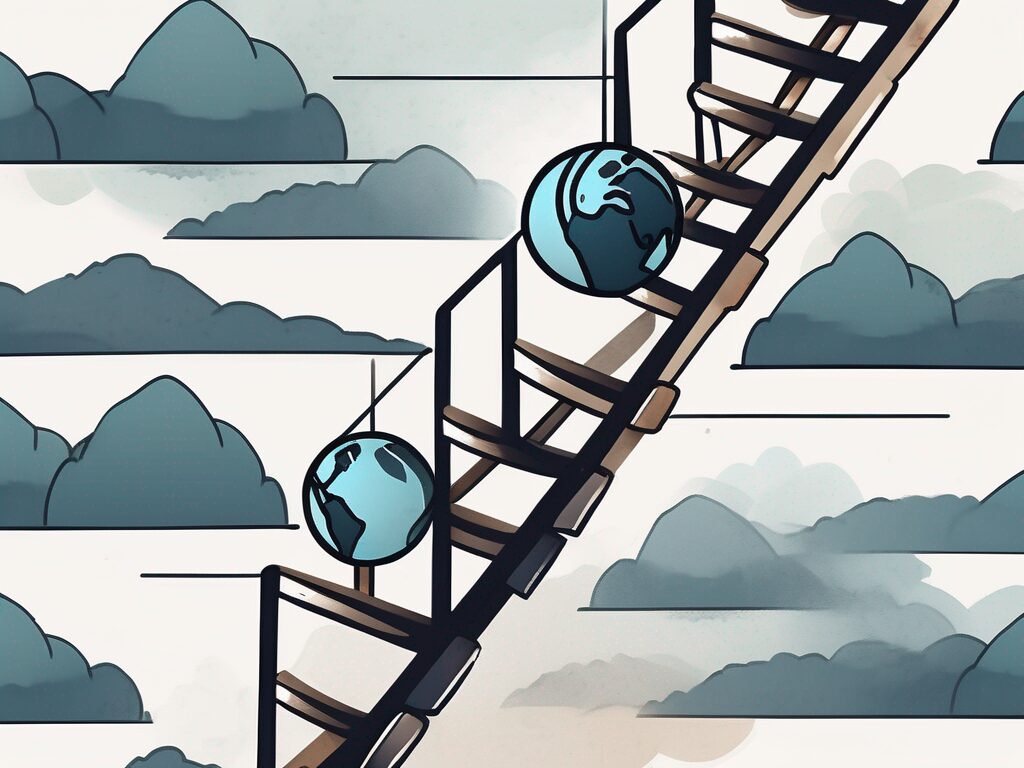html
Unlock Your Future: 5 Benefits of a Master’s in Education for Intercultural Teaching in Dubai
In an increasingly globalised world, the demand for educators who can navigate diverse cultural landscapes is more critical than ever. If you’re considering a career in teaching, particularly in a vibrant and multicultural city like Dubai, pursuing a Master’s in Education with a focus on intercultural teaching could be your gateway to a fulfilling and impactful career. This blog post will explore the five key benefits of obtaining this advanced degree, highlighting how it can transform your professional journey and enhance your teaching capabilities.
1. Enhanced Cultural Competence
One of the most significant advantages of a Master’s in Education for intercultural teaching is the development of cultural competence. In Dubai, a melting pot of cultures, understanding and respecting diverse backgrounds is essential for effective teaching. This programme equips educators with the skills to engage with students from various cultural contexts, fostering an inclusive classroom environment.
For instance, educators learn to adapt their teaching methods to accommodate different learning styles influenced by cultural backgrounds. This not only improves student engagement but also promotes a sense of belonging among all learners. According to a study by the Education Corner, culturally responsive teaching can lead to a 30% increase in student performance, showcasing the tangible benefits of cultural competence in education.
2. Increased Career Opportunities
Dubai’s education sector is rapidly expanding, with a growing number of international schools and educational institutions seeking qualified teachers. A Master’s in Education not only enhances your qualifications but also significantly increases your employability. Employers are actively looking for educators who possess advanced degrees and specialised training in intercultural teaching.
Moreover, this qualification opens doors to various roles beyond traditional classroom teaching, including curriculum development, educational consultancy, and administrative positions within international schools. According to the U.S. Bureau of Labor Statistics, the demand for postsecondary educators is projected to grow by 9% from 2020 to 2030, indicating a robust job market for qualified professionals.
3. Networking Opportunities
Enrolling in a Master’s programme provides invaluable networking opportunities with fellow educators, industry leaders, and academic professionals. In Dubai, where the education community is both diverse and dynamic, building connections can lead to collaborative projects, mentorship opportunities, and even job referrals.
Participating in workshops, seminars, and conferences as part of your programme allows you to engage with experts in the field of intercultural education. These interactions can provide insights into best practices and emerging trends, further enhancing your teaching skills. Additionally, being part of a global network of educators can offer support and resources that are crucial for professional growth.
4. Development of Innovative Teaching Strategies
A Master’s in Education for intercultural teaching encourages educators to think critically and creatively about their teaching methods. The programme often includes coursework on innovative pedagogical approaches, technology integration, and curriculum design tailored to diverse learners.
For example, educators may learn to implement project-based learning, which encourages collaboration and critical thinking among students from different backgrounds. This approach not only enhances student engagement but also prepares them for real-world challenges. A report by the George Lucas Educational Foundation found that project-based learning can improve student retention rates by up to 80%, demonstrating the effectiveness of innovative teaching strategies.
5. Personal and Professional Growth
Pursuing a Master’s in Education is not just about enhancing your qualifications; it’s also a journey of personal and professional growth. The challenges and experiences encountered during the programme can significantly boost your confidence and leadership skills, preparing you for a successful career in education.
Furthermore, the knowledge gained through this advanced degree allows educators to become advocates for inclusive education, promoting equity and access for all students. This sense of purpose can be incredibly fulfilling, as you contribute to shaping the future of education in a multicultural society like Dubai.
Conclusion
In summary, obtaining a Master’s in Education with a focus on intercultural teaching offers numerous benefits, including enhanced cultural competence, increased career opportunities, valuable networking, the development of innovative teaching strategies, and significant personal and professional growth. As the education landscape continues to evolve, equipping yourself with the right qualifications is essential for success.
Empower Your Teaching Career with IPGCE
As we strive for a more inclusive education system in Malaysia, the role of qualified and well-trained educators becomes increasingly crucial. IPGCE is dedicated to supporting teachers in their professional journey, offering the International Postgraduate Certificate in Education (iPGCE) to enhance qualifications and open doors to international teaching opportunities. With our program, you can expect a significant increase in interview callbacks, promotion rates, and salary. Plus, you’ll join a global network of educators, gain a deeper understanding of international curricula, and enjoy the flexibility of online study. Don’t let inadequate credentials or isolation hold you back. Join the UK’s #1 Teacher Training Course today and take a decisive step towards a fulfilling career in inclusive education.
For more insights on enhancing your teaching career, check out our articles on the benefits of teacher training and inclusive education strategies.
Connect with us on LinkedIn to stay updated and expand your professional network!

